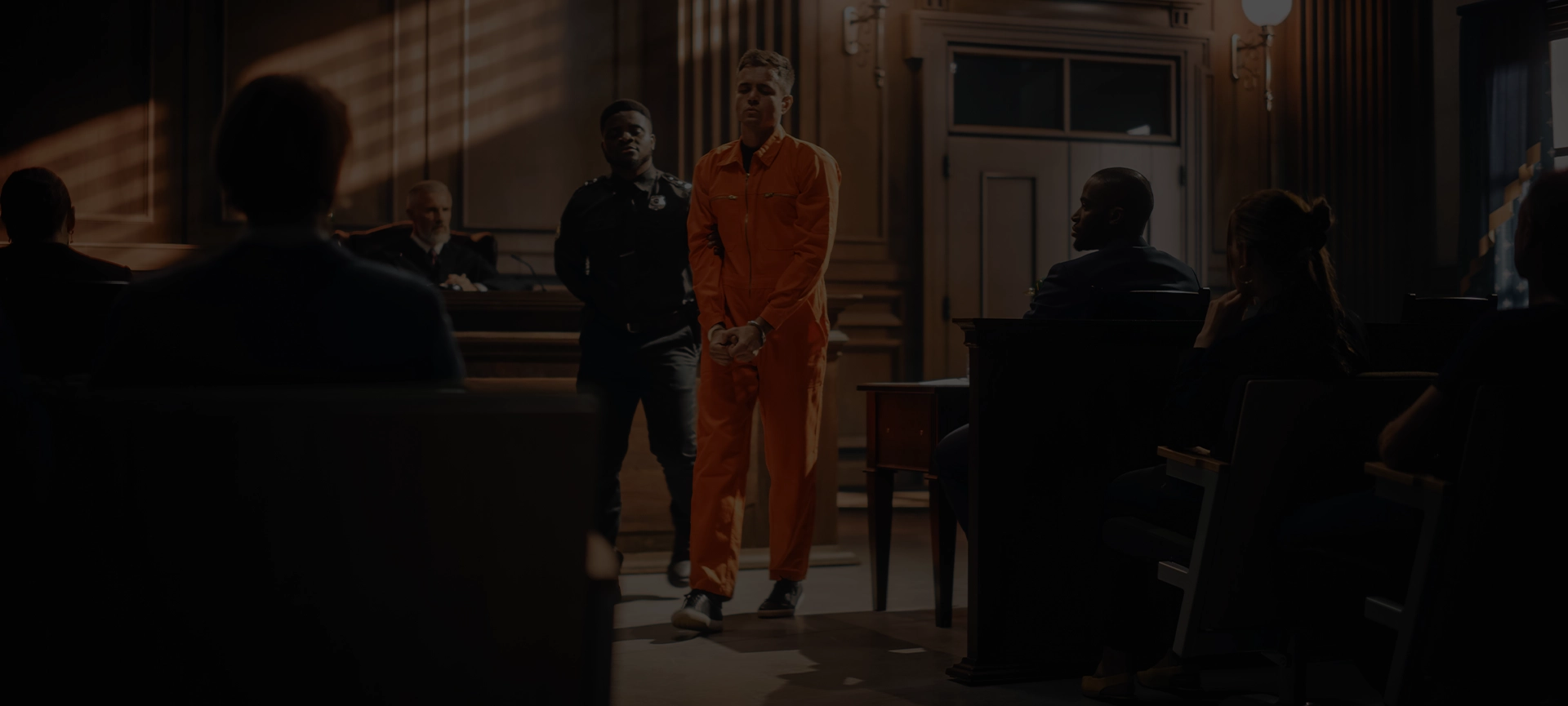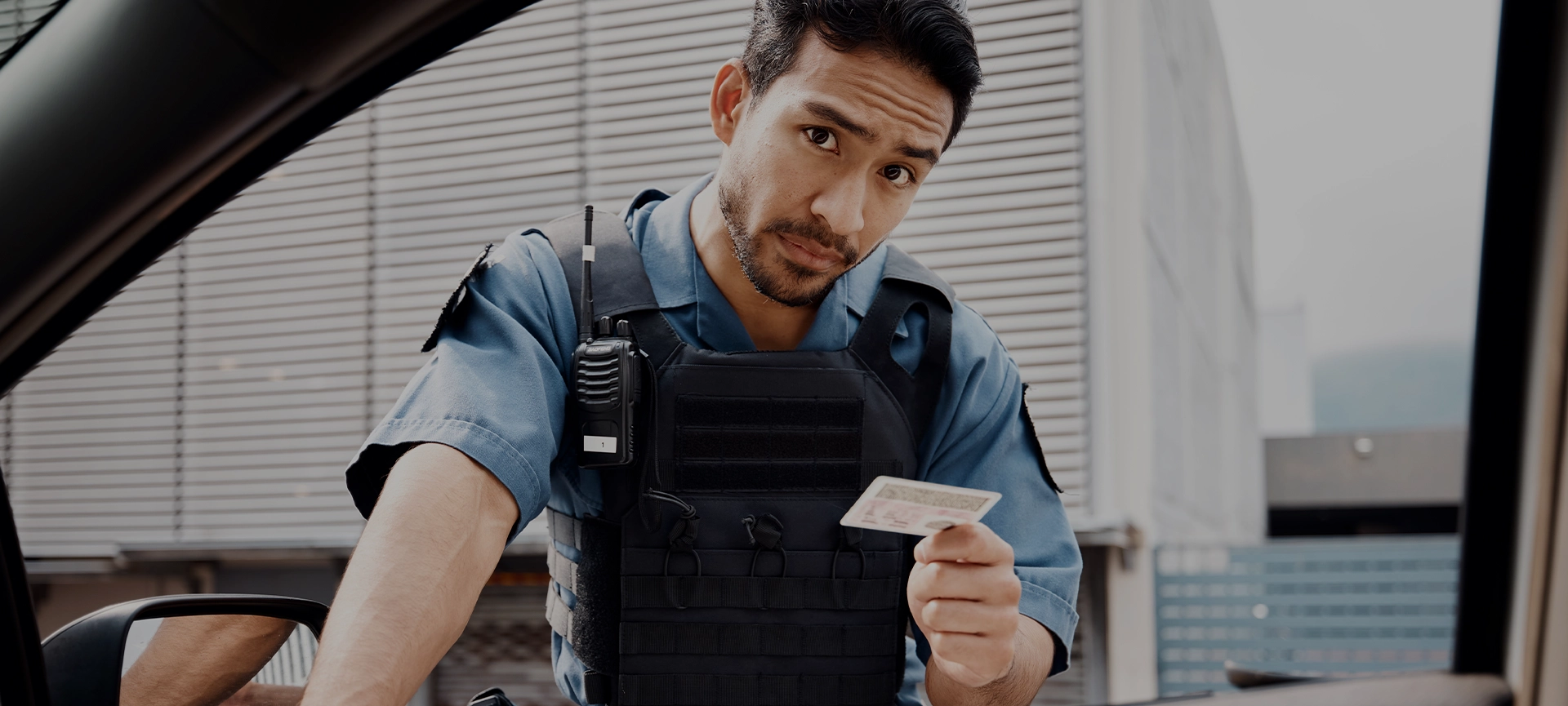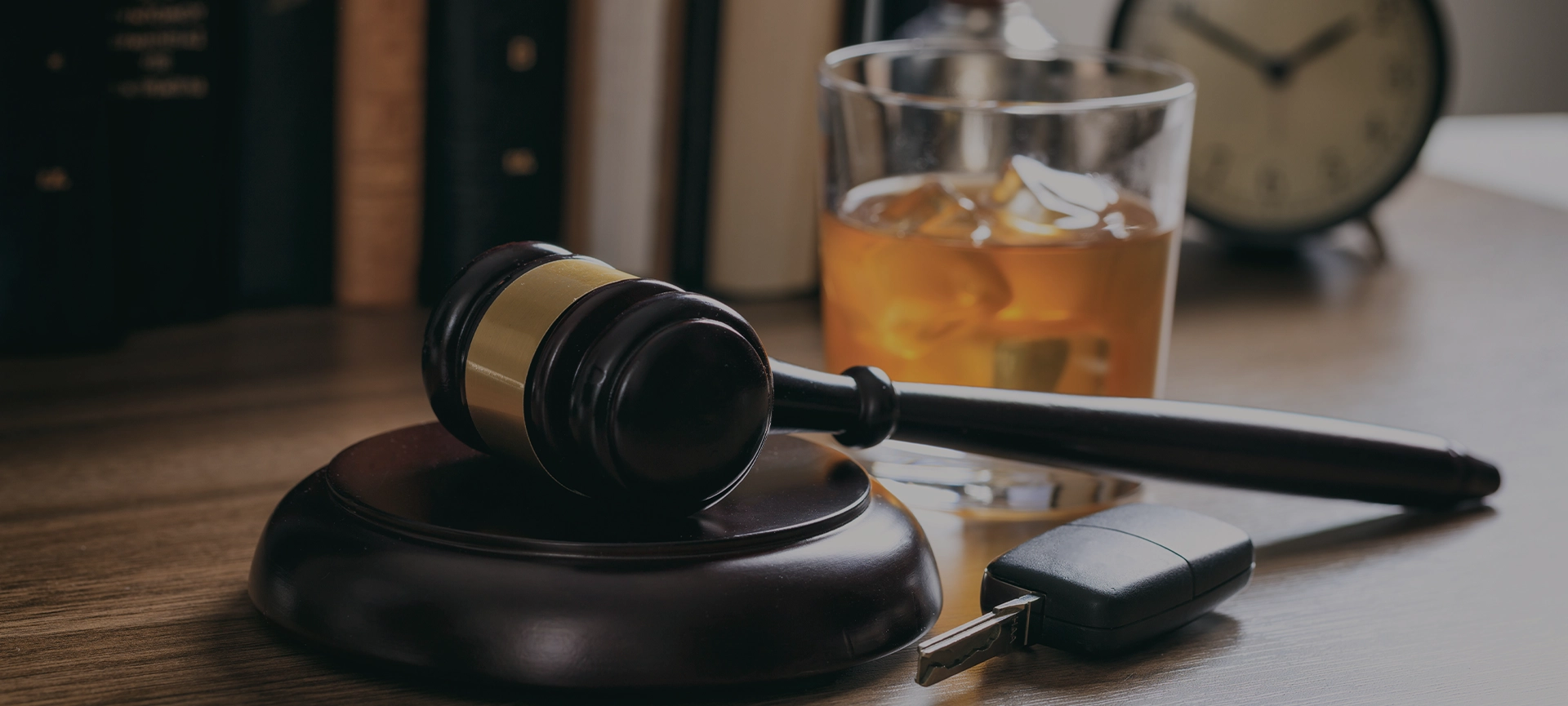Facing an assault charge in Canada can be daunting. Not only are you under the threat of going to prison, but there can also be personal and professional ramifications. However, it’s important to stay calm and realize a guilty verdict is far from a certainty.
With experienced legal representation, there are many ways you can either defeat an assault charge or reduce it to a lesser charge. Here we’ll navigate these legal challenges and see how to beat an assault charge in Canada.
Understanding Assault Charges in Canada
Firstly, it makes a crucial difference in which type of assault you’ve been charged with. Assault is the intentional application of force without the other person’s consent. But the force used, and the consequences of this force, can make all the difference. Let’s take a brief overview of the main types of assault:
Simple Assault – The least severe form of assault, involving minor injuries or no injuries at all.
Assault Causing Bodily Harm – Involves significant injuries that interfere with the victim’s health or comfort.
Aggravated Assault – The most severe form, involving injuries that endanger the life of the victim.
Related Article: https://www.agpllp.ca/what-is-aggravated-assault/

How to Beat an Assault Charge in Canada
Regardless of the type of assault, the strongest defences to beat it are usually the same. Here we’re going to assume there’s no clear evidence to exonerate the alleged attacker such as a watertight alibi or video evidence.
Self-defence – This is a common defence for assault cases. You are justified in using force to defend yourself if there are reasonable grounds that force is being used against you. In these circumstances, self-defence is seen as a reasonable course of action. This also includes the defence of others, where you are preventing the harm of someone else, as well as the defence of property.
Consent – Sometimes someone may consent to the application of force against them. We commonly see this in sports and medical treatments but it can also include consensual/play fights, rough sex, or martial arts practice. This can be a strong case against assault.
Accident – As we detailed above, an assault is an intentional application of force. If the contact was accidental, this can be a valid defence. It’s up to the prosecution to prove beyond reasonable doubt it was intentional.
Lack of Intent – The intentional aspect of assault also refers to the reason for the force. It could be that you misjudged force, had an involuntary reflex, or grabbed someone you thought was in danger. If you had no intention to hurt someone, it may lead to acquittal.
Mistaken Identity – The defence may cast doubt on who committed the assault. Poor lighting, distance, a brief encounter, a witness under duress, or a weak description are all examples of where identity can be hard to prove.
Provocation – This isn’t a complete defence but can reduce charges or the sentence. If you were provoked to the point of losing control, this will be taken into account. Your reaction must be immediate and proportional.
Procedural Defences – If the accused’s rights were violated under the Canadian Charter of Rights and Freedoms, this can lead to an acquittal. This can include improper police conduct or lack of proper legal counsel.
Evidentiary Defenses – A defence lawyer will also challenge the prosecution’s evidence. This can include raising doubts about the lack of evidence, challenging witness credibility, and highlighting any contradictory evidence.
Legal Strategies at Different Stages
Your defence lawyer can challenge the case at all its stages. Let’s look at what they are:
Pre-Trial Motions – Here’s where your lawyer will look at the evidence. Based on various legal factors, they can challenge the admissibility of evidence, such as witness statements. Here they will look for a dismissal of charges on legal grounds.
Plea Bargaining – In some cases, the evidence against you may be quite strong but not solid. Here a lawyer may recommend that you agree to admit guilt for either reduced charges or a lighter sentence. This can be a good idea if the chance of acquittal is small.
Trial – If it does go to trial, the defence will work on one of the many defences we’ve highlighted above. This includes cross-examination, presenting their evidence, and arguing the case. Remember, the onus is on the prosecution to prove the case beyond reasonable doubt. If the defence lawyer can sow enough doubt on the case, acquittal is likely.
Working With Your Lawyer
If charged, you need to work with your assault lawyer to give your case the best possible chance. This can include:
- Describing the alleged assault in detail
- Describing the arrest and procedures taken
- Helping to identify witnesses that may help your case
- Passing on any video or audio recordings
- Providing your own medical records of any injuries sustained
- Finding character references who can advocate for you
- Following their instructions closely
- Avoiding contact with the victim
If you’ve yet to seek legal counsel, then do so immediately. The fresher the details are in your mind, the better. In respect of this, you should also document everything you remember about the incident including the time, location, and any witnesses present.

What If Your Found Guilty
If convicted, there is potential to appeal the decision. It’s important to note that you can’t simply challenge the verdict without any grounds. There has to have been an error during the trial, such as a legal error, new evidence, or a fault with the judge’s instructions.
It’s important to choose a lawyer who has experience with appeal cases, as some criminal lawyers only work trial cases. Your appeal lawyer will closely look at the case and explore ways the conviction can be challenged.
Related Article: https://www.agpllp.ca/grounds-for-criminal-appeals-in-ottawa-when-and-why-can-you-appeal-a-conviction/
Final Thoughts
As we’ve seen, there can be many ways to beat an assault charge. However, this can be a good or a bad thing. If an inexperienced lawyer chooses the wrong defence, it can be easy to lose a case that could have been won.
It’s important to find a lawyer with a good track record who’ll know exactly how to challenge the prosecution. If you require a legal defence, then contact AGP LLP today and we’ll be happy to offer you a free consultation.





